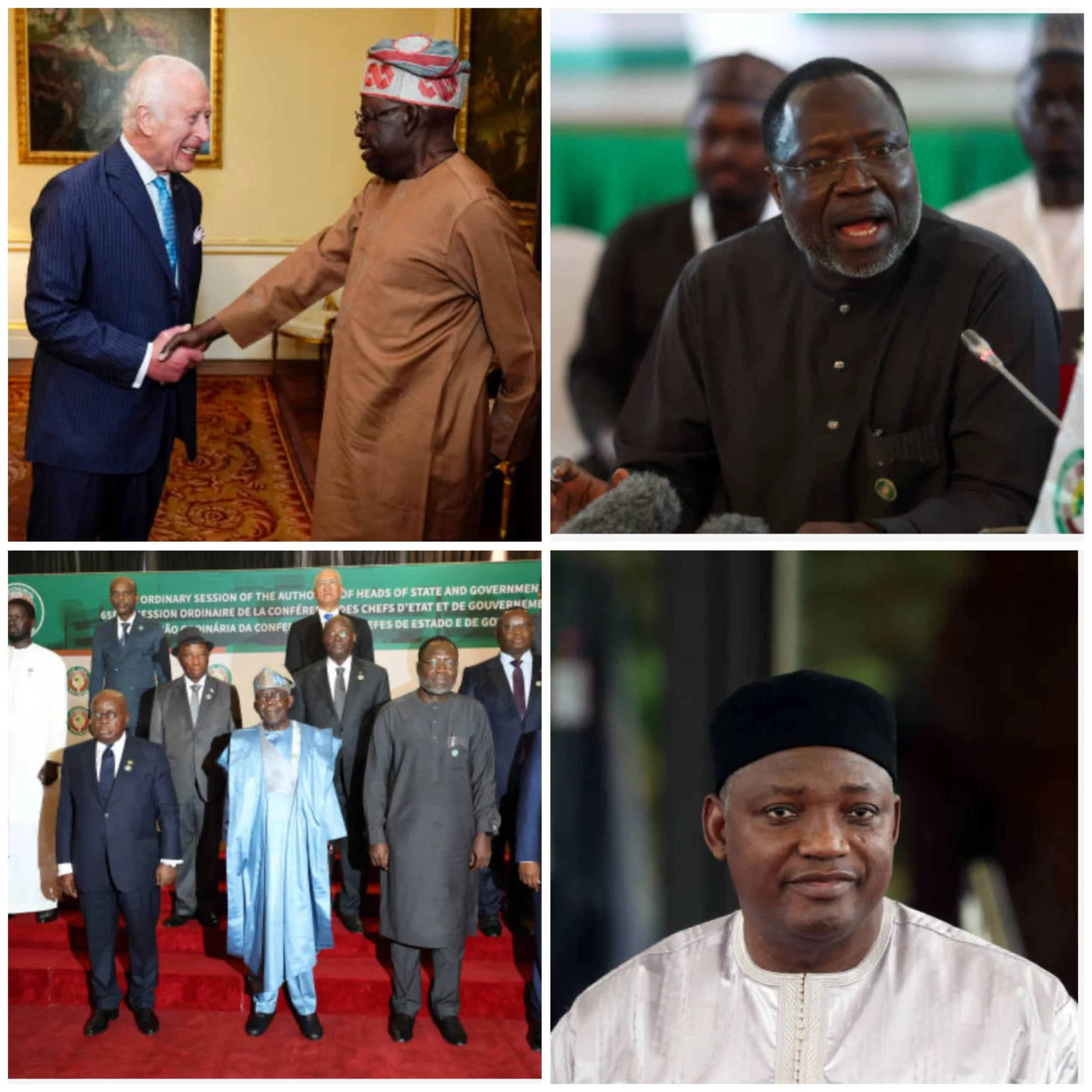What is political instability in Nigeria today
Introduction
Political instability in Nigeria today is characterized by several interconnected challenges that continue to impact the country’s governance, security, and socio-economic development:
Security Challenges
Ongoing insurgency by terrorist groups in the northeast, particularly the resurgence of attacks by the Islamic State West Africa Province (ISWAP)
Widespread banditry and kidnappings, especially in the northwest region
Farmer-herder conflicts in the Middle Belt and North-Central regions
Separatist agitations in the southeast, including activities of the Indigenous People of Biafra (IPOB)
Economic Instability
High inflation rates and increasing poverty, exacerbated by the removal of fuel subsidies
Limited job creation and entrepreneurial prospects, leading to high unemployment rates
Widening economic inequality and spatial disparities between regions
Governance Issues
Weak state capacity and limited service delivery in most areas of Nigeria
Persistent corruption and mismanagement of resources
Electoral violence and irregularities, as seen in the 2023 general elections
Social Tensions
Inter communal conflicts, often driven by competition over resources and exacerbated by ethnic and religious tensions
Growing frustration among citizens, leading to protests and civil unrest
Impact on Development
Low human capital index, limiting the productivity of future workers
Infrastructure gaps, particularly in electricity access and domestic economic integration
Challenges in addressing climate-related issues, such as extreme weather events
Conclusion
Despite these challenges, recent reforms by the new administration offer potential for improvement. However, the situation remains volatile, with Archbishop Lucius Ugorji describing the country as sitting on a “ticking time bomb” due to widespread poverty, hardship, and corruption. Addressing these issues is crucial for Nigeria to achieve stability and unlock its potential as a regional power.






